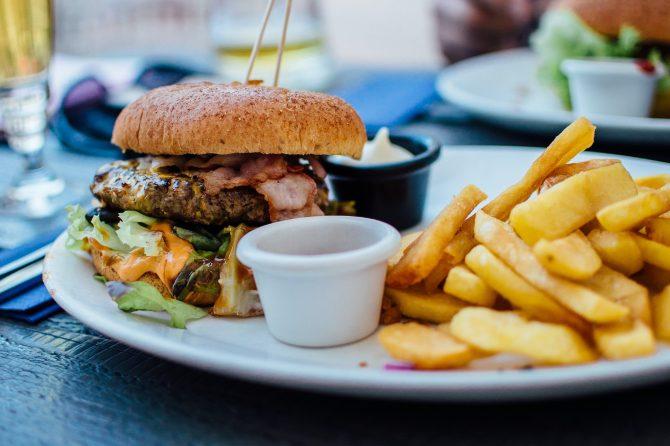
Foods to Avoid During Pregnancy: A Comprehensive Guide
Pregnancy is a transformative and delicate period in a woman’s life, marked by physical, emotional, and dietary changes. A well-balanced diet is crucial to ensure both the mother’s and the baby’s health. While there are numerous foods that provide essential nutrients, it’s equally important to be aware of the foods that should be avoided during pregnancy due to potential risks they pose to the developing fetus. In this article, we will explore a comprehensive list of foods that pregnant women should steer clear of to ensure a safe and healthy pregnancy journey.
1. Raw or Undercooked Meat, Seafood, and Eggs
Raw or undercooked meats, seafood, and eggs can contain harmful bacteria such as Salmonella, E. coli, and Listeria, which can cause foodborne illnesses. These infections can lead to severe complications for both the mother and the baby, potentially resulting in miscarriage, premature birth, or developmental issues. It’s important to ensure that all meats, poultry, seafood, and eggs are cooked thoroughly to eliminate any potential pathogens.
2. Unpasteurized Dairy Products
Unpasteurized dairy products, including certain soft cheeses and milk, may contain harmful bacteria like Listeria. To avoid the risk of infection, opt for pasteurized dairy products. Cheese varieties like feta, Brie, Camembert, and blue cheese should be consumed only if labeled as pasteurized.
3. High-Mercury Fish
Certain types of fish, particularly those high in mercury, can be detrimental to the baby’s developing nervous system. Fish such as shark, swordfish, king mackerel, and tilefish should be avoided. Instead, opt for low-mercury options like salmon, shrimp, pollock, and catfish, which provide beneficial omega-3 fatty acids.
4. Raw Sprouts
Raw sprouts, including alfalfa, clover, mung bean, and radish sprouts, have been associated with bacterial contamination. These sprouts can be a breeding ground for pathogens like Salmonella and E. coli, making them a risky choice during pregnancy. Cooked sprouts are a safer alternative.
5. Excess Caffeine
While moderate caffeine intake is generally considered safe during pregnancy, excessive consumption should be avoided. High caffeine intake has been linked to an increased risk of miscarriage and preterm birth. It’s advisable to limit daily caffeine intake to around 200 milligrams, equivalent to one 12-ounce cup of coffee.
6. Alcohol
Alcohol is a well-known teratogen, meaning it can cause birth defects and developmental issues in the fetus. There is no safe level of alcohol consumption during pregnancy, so it’s best to completely abstain from alcohol to ensure the baby’s health and wellbeing.
7. Unwashed Produce
Fruits and vegetables should always be thoroughly washed before consumption to remove dirt, pesticides, and potential pathogens. Unwashed produce can carry risks of foodborne illnesses, so it’s important to maintain good hygiene practices when preparing and consuming fresh produce.
8. Deli Meats and Processed Foods
Deli meats and processed foods are often high in salt and preservatives, which can lead to excess sodium intake and potential complications like high blood pressure. These foods may also be susceptible to Listeria contamination. If consuming deli meats, heat them until they are steaming hot to reduce the risk of bacterial contamination.
Conclusion
A healthy and nutritious diet is essential during pregnancy to support the wellbeing of both the mother and the developing baby. Avoiding certain foods that carry potential risks, such as raw or undercooked meats, unpasteurized dairy, high-mercury fish, and alcohol, can significantly contribute to a safer pregnancy journey. By staying informed and making conscious dietary choices, pregnant women can create an optimal environment for their baby’s growth and development. As always, consulting with a healthcare provider is crucial to receive personalized guidance and recommendations based on individual health conditions.


Leave a reply